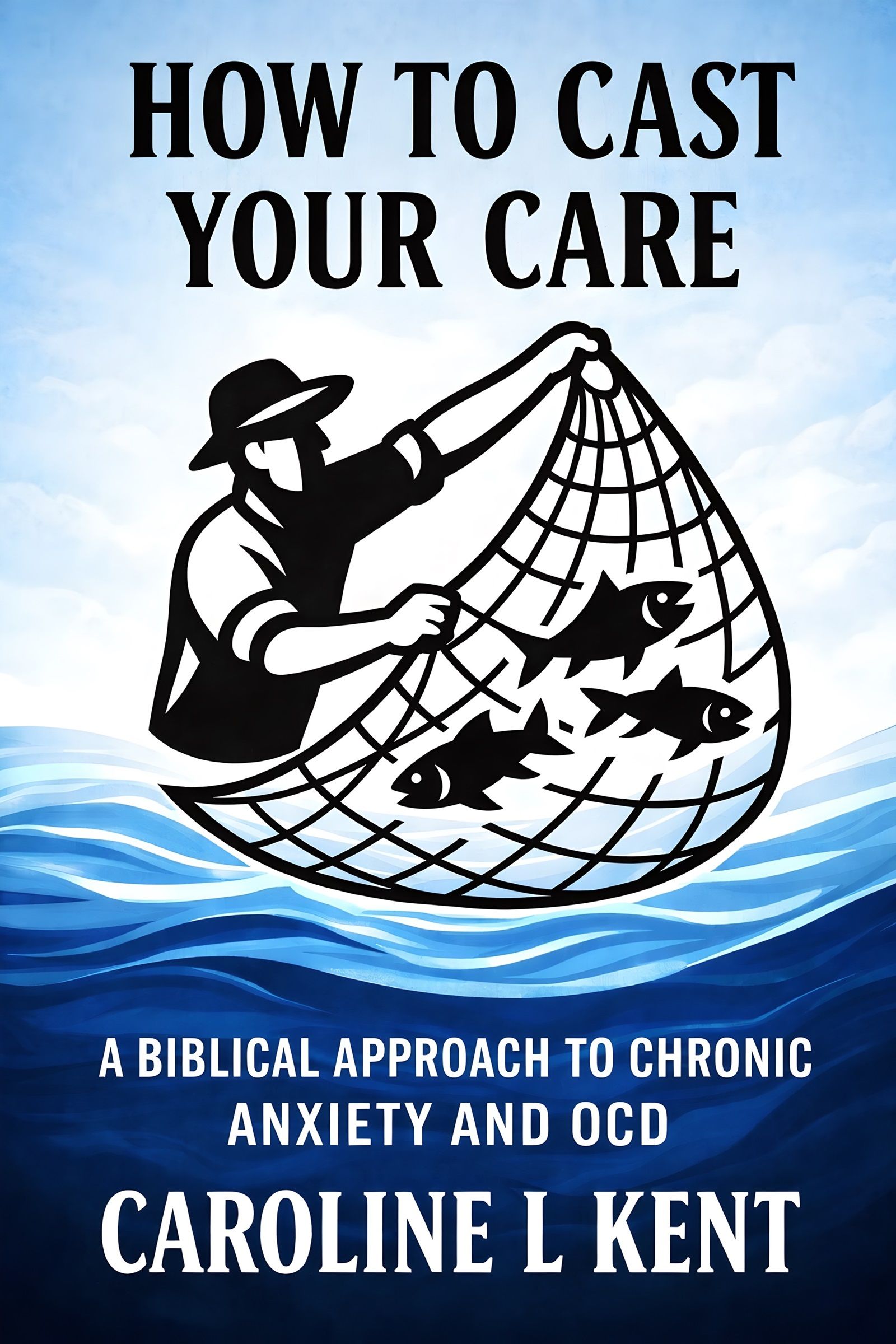Parenting
Introduction
Parenting is both a privilege and a sacred responsibility. Children are not possessions but souls entrusted by God to their parents’ care. The task of parenting is to nurture, instruct, and guide children in the fear of the Lord, leading them toward Christ.
Richard Baxter, in his Christian Directory, gives comprehensive directions to parents. He warns against indulgence on one side and harsh tyranny on the other. Parents must exercise authority with love, combining discipline with encouragement, and must remember that they act as God’s stewards, not owners, of their children.
Scripture Focus
- “And, ye fathers, provoke not your children to wrath: but bring them up in the nurture and admonition of the Lord.” (Ephesians 6:4, KJV)
List of Relevant Scriptures
- Genesis 18:19 – Abraham commanded his children after him to keep the way of the Lord.
- Deuteronomy 6:6–7 – Teach God’s words diligently to your children.
- Psalm 127:3 – Children are a heritage of the Lord.
- Proverbs 13:24 – He who loves his child disciplines him diligently.
- Proverbs 22:6 – Train up a child in the way he should go.
- Colossians 3:21 – Fathers, provoke not your children, lest they be discouraged.
- 1 Thessalonians 2:11–12 – Paul as a father exhorted, comforted, and charged his spiritual children.
- 2 Timothy 1:5 – Timothy’s faith was nurtured by his mother and grandmother.
Overview of the Biblical Teaching on This Issue
Children belong to God, and parents are entrusted to raise them in His ways. Parenting requires both authority and tenderness: guiding children toward obedience, but also modelling the mercy and patience of God.
The Bible condemns neglect, harshness, and abuse, warning parents not to provoke their children to wrath or crush their spirits. Instead, parents are to discipline with love, teach diligently, and set an example of faith. Children are to honour their parents, but parents must remember they, too, are under the authority of God.
Pastoral Guidance
Drawing from Baxter’s counsel:
- Remember children are God’s: “Parents are but God’s stewards for their children; they are not their own, but His.”¹ To treat children as tools of pride or selfishness is to betray trust.
- Avoid harsh tyranny: “Some abuse their power by over-rigour or unmercifulness; for this provoketh them to wrath, and hardeneth them.”²
- Avoid indulgence: Neglecting discipline, or indulging every desire, ruins children’s souls. True love disciplines wisely and consistently.
- Instruct diligently: Baxter urges parents to catechise children, read Scripture with them, and show them the fear of God by word and example.
- Model holiness: Children learn more by imitation than instruction. Parents must be what they would have their children become.
- Pray for and with children: Baxter stresses that prayer is a parent’s greatest duty and privilege.
- Trust God with outcomes: Parents are to be faithful in duty, but only God can give children new hearts.
Further Reading
- Richard Baxter, A Christian Directory, Part II, Ch. IX (“Directions for Family Duties”).
- William Gouge, Of Domestical Duties (sections on parents and children).
- Cotton Mather, A Family Well-Ordered.
- John Angell James, The Christian Father’s Present to His Children.
- Modern: Tedd Tripp, Shepherding a Child’s Heart.
Footnotes
- Baxter, A Christian Directory, Part II, Ch. IX.
- Ibid.





